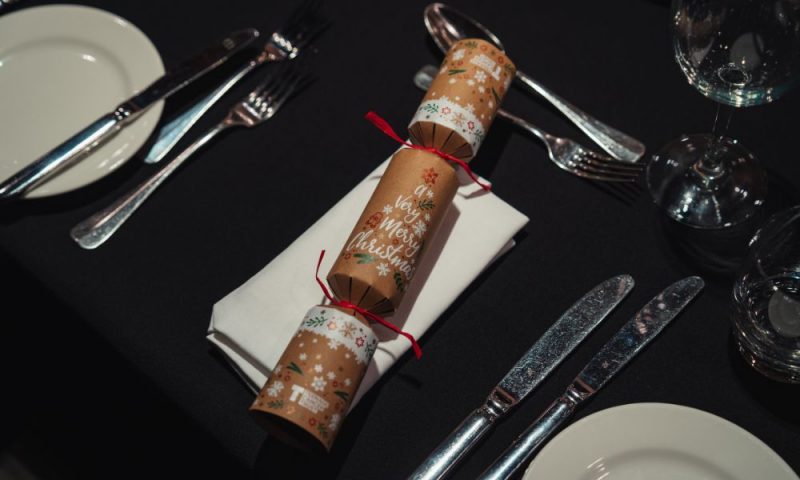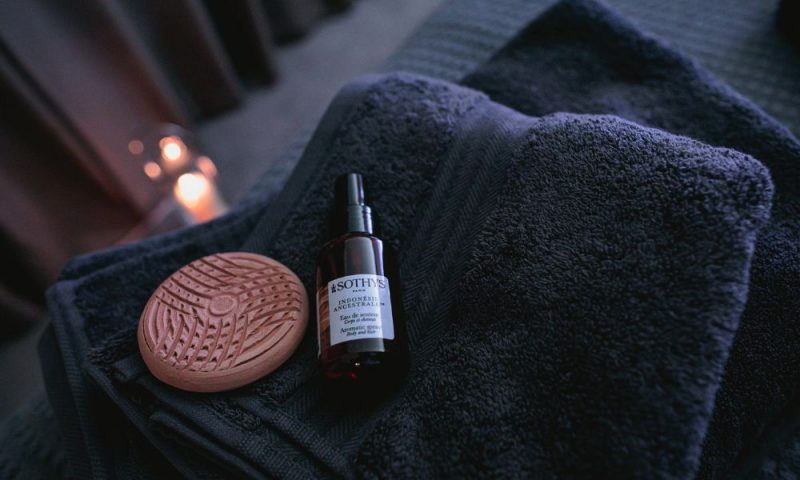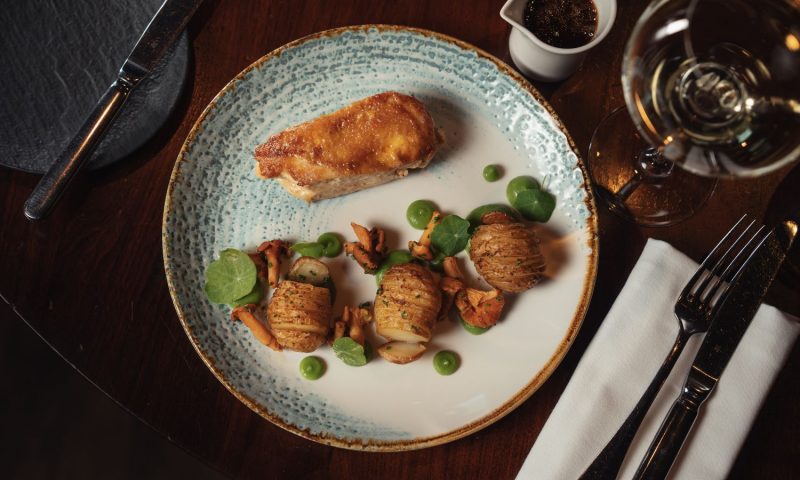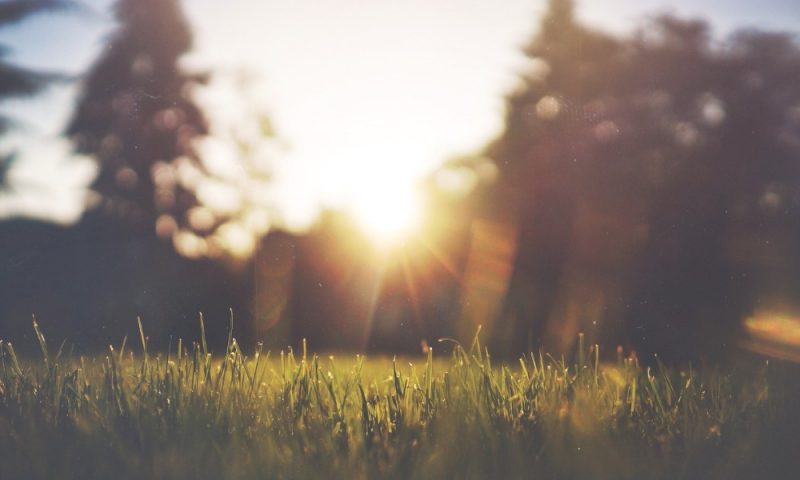THE BLOG

Hampshire Happily Ever After: Crafting Your Perfect Wedding Day at Aviator
Unveiling the Magic: Capturing the Romance of Hampshire WeddingsBegin your journey to…

Exquisite Dining Experience for Mother’s Day at Aviator
Mother’s Day is not just a day; it’s an opportunity to create lasting…

Aviator: The perfect base for your visit to the Farnborough Exhibition Centre
Whether you are attending the popular Farnborough International Airshow or one of the…

Discover Aviator: Elevating Hampshire’s Wedding Experience
For couples envisioning their dream wedding amidst Hampshire’s allure, Aviator stands as an…

A Premier Venue for Your Office Christmas Party in Hampshire
The holiday season will soon be here. For companies in Hampshire and the greater London…

Aviator’s ECOsmart Gold Accreditation and Green Venue Recognition
Setting the Gold Standard for Eco-Friendly Hospitality at Aviator Hotel HampshireIn the picturesque landscape…

The Ultimate Guide to Farnborough Airport Hotels: Your Stress Free Stay at Aviator Hotel Hampshire
If you’re planning a trip to Farnborough and need a comfortable and stress free stay…

Discover Tranquillity: Therapeutic Treatments at Aviator
Indulge in the ultimate relaxation experience at the Treatment rooms at Aviator Hotel Hampshire. Nestled…

Hotel Offers in Farnborough: Aviator Hampshire
If you’re looking for an extra special stay in the vibrant town of Farnborough, look…

Stay in Style at the Best Hotel Near Farnborough Airport
When it comes to the art of hospitality, few can match the sophistication and attention…

Experience Summer in Hampshire
Summer in Hampshire: Luxurious Getaway at Aviator Hotel HampshireLooking for the ultimate summer getaway…

Our Guide to Hampshire this Spring
When searching for things to do this spring, there are few places more beautiful to…

Five Reasons Aviator is the Ultimate Plane Spotters Venue in Hampshire
There is no greater thrill for aviation enthusiasts than to find a unique and luxurious…

Aviator Hampshire: Your Luxury Hotel Escape Near Farnborough Airport
When searching for luxury accommodation near Farnborough Airport, there are no venues as compelling or…

The Ultimate Wedding Venue in Hampshire: Aviator Hotel
When searching for the perfect wedding venue in Hampshire, you have no doubt browsed your…

Why Book With Aviator Hotel in Farnborough
When considering where to stay in Farnborough, there truly is only one choice if…

Fine dining in Farnborough: The Brasserie at Aviator in Farnborough
When seeking a romantic dinner for two, whether for Valentine’s day or another special occasion,…

Hotels Near the Farnborough International Exhibition and Conference Centre
When seeking the best possible venue for your next event, you’ve no doubt considered the…

ACCOMMODATION AT FARNBOROUGH AIRPORT
When looking for accommodation at Farnborough Airport, there is only one choice – Aviator. The…

Hotels for Plane Spotting in the UK
There is no more incredible thrill for aviation enthusiasts than finding that perfect spot for…

The Top Five Restaurants in Farnborough
Farnborough may be famous for its bi-annual Airshow, but did you know there are hidden…

FOUR BEAUTIFUL HAMPSHIRE HOTELS FOR A WINTER ESCAPE
With the colder months well and truly settled in now, you’re no doubt looking for…
JOIN THE CLUB
Join our mailing list and be the first to hear about exclusive offers, news and events.
